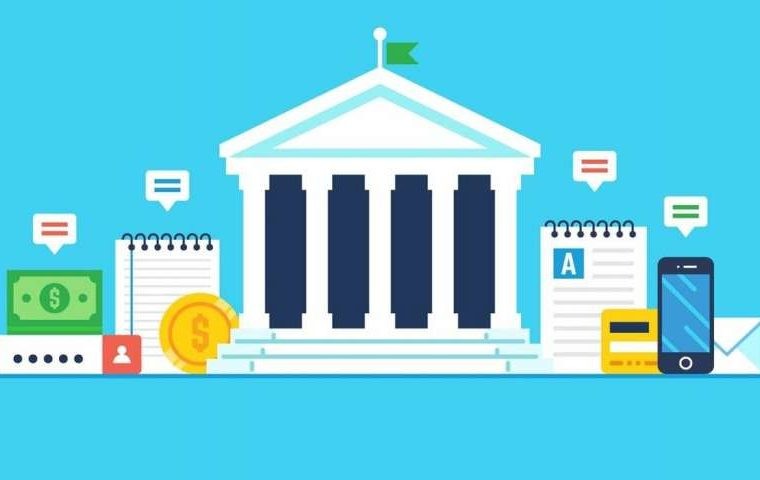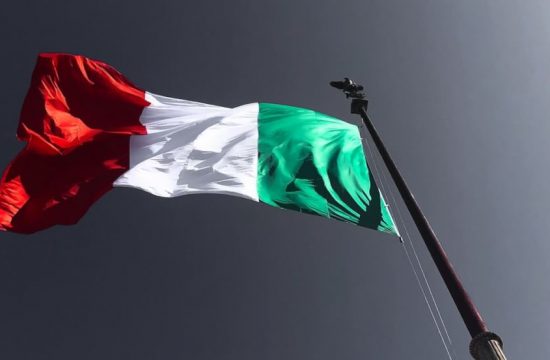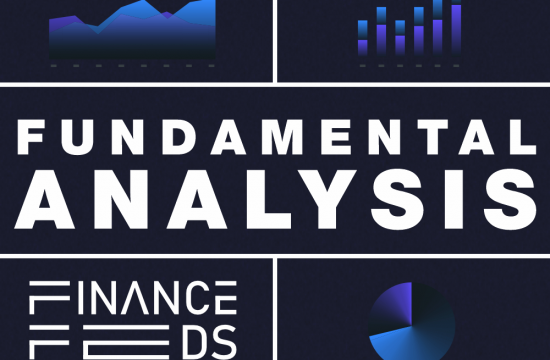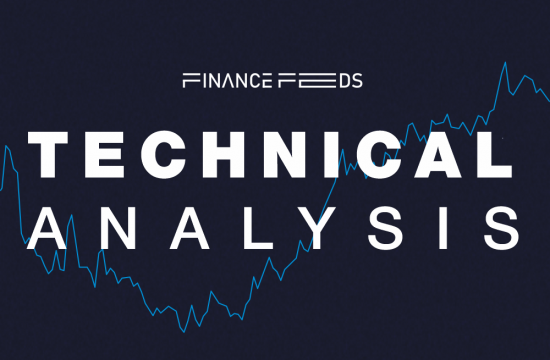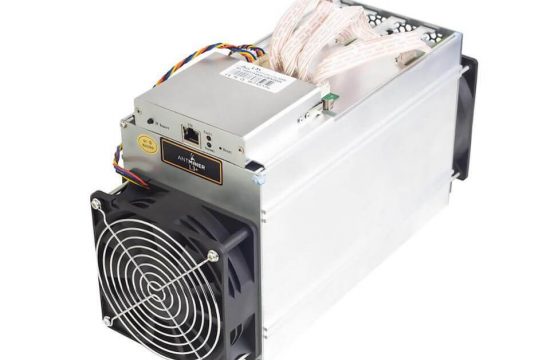Less than two weeks ago, in reaction to the Freedom Convoy—the band of truckers protesting COVID-19 vaccine mandates and restrictions in Ottawa, Canadian Prime Minister Justin Trudeau invoked the Emergencies Act for the first time since that law was enacted in 1988.

Less than two weeks ago, in reaction to the Freedom Convoy—the band of truckers protesting COVID-19 vaccine mandates and restrictions in Ottawa, Canadian Prime Minister Justin Trudeau invoked the Emergencies Act for the first time since that law was enacted in 1988. Part of this campaign aimed to restrict cryptocurrency transactions in a bid to strangle the flow of funds demonstrators were using to bankroll the illegal protests.
For the uninitiated, the Emergencies Act is a decades-old statute authorizing the Canadian government to take extraordinary temporary measures in response to public emergencies when all other existing laws fail to adequately address the crisis at hand.
“This is about keeping Canadians safe, protecting people’s jobs, and restoring faith in our institutions,” Trudeau said.
The value of your freedom to transact
After the law’s enactment effectively authorized banks and other financial institutions to freeze accounts associated with the trucker convoy, supporters of the protest then attempted to do an end-run around those economic blockades by raising funds through cryptocurrency donations. In response to this, the Canadian government blacklisted several of the dissidents’ Bitcoin wallets.
It should be noted that decentralized cryptocurrencies like Ethereum and Bitcoin cannot be frozen directly within the network. Consequently, the Canadian government has implored centralized entities like payment processors and crypto exchanges to freeze funds connected to specific digital currency addresses. And although it’s unclear how successful they’ll ultimately be in this effort, many industry watchers believe this is an egregious overreach, nonetheless.
According to the popular Twitter user @punk6529, “Without the freedom to transact, you have no other constitutional rights.”
They continue to explain that in order to freely dispense information, one might require a website, a pamphlet, or an advertisement. Similarly, freedom to practice religion may require renting space to worship, buying food and consumables, and paying the salaries of religious officials. Simply put: exercising one’s rights can cost money, and the state cannot punish people and take away those rights without due process, which generally means proving a specific law was broken.
Major players in the space likewise chimed in after news of the Emergencies Act enactment, including Ethereum founder Vitalik Buterin, who acknowledged the complexities of this issue.
“If the truckers are blocking the roads and that’s breaking the economy, fine, blocking the roads is illegal,” explained Buterin, at a recent industry conference. “But if the government is not willing to follow the laws…and they just want to talk to the banks and basically cut out people’s financial livelihoods without due process, that is an example of the sort of thing that decentralized technology is there to make more difficult.”
Centralized exchanges can’t protect you
Regardless of where you fall on the debate, the prevailing sentiment is that these asset freezing attempts will indeed take place, sooner or later.
Fortunately, we have non-custodial and decentralized platforms like Portal that empower individuals to freely transact without censorship. Portal swaps move provable execution of cross-chain contracts to layers 2 and 3, thus allowing speedy transactions like their centralized alternatives while still maintaining the robust security of Bitcoin.
Days after the enactment, Jesse Powell—CEO and cofounder of Kraken, one of the largest crypto exchanges, strenuously advocated people divest their coins out of custodial wallets as a precaution, tweeting: “100% yes it has/will happen and 100% yes, we will be forced to comply. If you’re worried about it, don’t keep your funds with any centralized/regulated custodian. We cannot protect you. Get your coins/cash out and only trade p2p.”
Conclusion
Jesse Powell, who had donated one Bitcoin to the Freedom Convoy, admitted that his own crypto exchange Kraken cannot protect users from the authorities freezing crypto. Whether it’s Canada or another country, centralized exchanges such as Kraken will be “forced to comply” with law enforcement. Users who want greater control over their assets need to get their crypto out of centralized exchanges.


